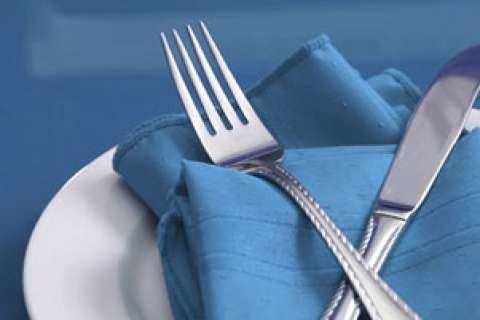Dear Doctor: I know that processed foods aren’t good for me and should be avoided, but I still have some questions. Could you please explain why they are unhealthy and provide some specific examples of such foods?
Dear Reader: Any food, when it’s changed from its original form, can be considered to be processed. That includes chopped spinach in the frozen food aisle, yogurt in the dairy case or whole-grain bread from your local bakery. To set apart the highly manipulated, salty, fatty and sugary foods we’ve grown to love and crave, they’ve been given a category of their own: “ultra-processed” foods. These include the flavored puffs and chips in the snack aisle, luncheon meats, manufactured ice cream products, processed cheeses, boxed baking mixes, many prepackaged frozen entrees, the majority of fast food menus, candy, sodas and other sugary drinks, instant noodles, energy drinks and even so-called energy bars, to name just a few.
Ultra-processed foods have gone through multiple steps, such as milling, grinding, dehydrating, frying, rolling, rehydrating and extruding. They also include a wide range of additives, which are used to arrive at a product that is markedly different from the original forms of its ingredients. Added salt, fats and sugars amp up flavor. Dyes are used to achieve a specific look. Ingredient lists often end with tongue twisters of chemicals used to create a specific texture or mouthfeel, and to prevent spoilage. Food industry whistleblowers have long claimed that many ultra-processed foods are carefully formulated to spark cravings, encourage overeating and create brand loyalty.
When eaten in moderation as an occasional treat -- heavy emphasis on “moderation” and “occasional” -- these types of foods can be fine. It’s when they become dietary staples that problems arise.

Our bodies are complex mechanisms. It takes a wide range of fresh foods to deliver the vitamins, minerals and other nutrients needed for optimal health. But ultra-processed foods are often low in fiber and nutrients. Many lean so hard on added salt to punch up flavor that a single serving puts a serious dent in your daily sodium budget. The empty calories of ultra-processed foods deliver unhealthful amounts of fat, salt and sugar, and they replace the healthful whole foods that truly feed the body. We now know that eating a diet high in these types of foods is linked to a range of illnesses, including increased risk of Type 2 diabetes, heart disease, stroke, obesity, depression, digestive issues, cancer and early death.
That said, it’s also important to be realistic and find a diet you’re able to follow long-term. Eating is pleasurable, and snack foods can be tasty and fun to eat. With that in mind, we advise our patients to aim for a diet that’s 80 percent good, 20 percent cheat. For those with existing health issues, such as diabetes or hypertension, scale that back to 90 percent good and 10 percent cheat. Focus on healthful eating, but allow yourself the occasional naughty detour. You’ll arrive at a dietary plan you can sustain -- and that sustains you.
(Send your questions to [email protected], or write: Ask the Doctors, c/o UCLA Health Sciences Media Relations, 10880 Wilshire Blvd., Suite 1450, Los Angeles, CA, 90024. Owing to the volume of mail, personal replies cannot be provided.)





